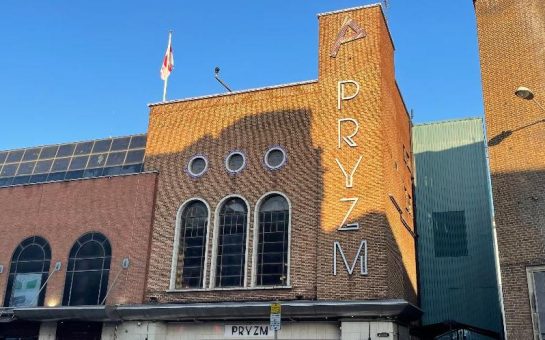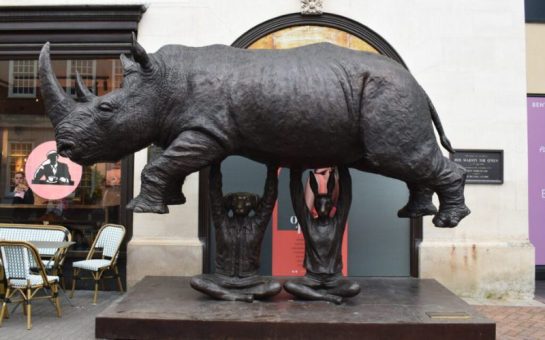An award-winning pain rehabilitation program has been forced once again to adapt to regional lockdowns and restrictions.
The ESCAPE-pain program for knee and hip pain was presented the Musculoskeletal Care Initiative of the Year prize at the prestigious Health Service Journal awards.
This follows previous prizes including the Royal Society of Public Health’s Health and Wellbeing award and UK Active’s Specialist Training Program of the Year award.
Clinical director of the ESCAPE-pain program and professor of rehabilitation sciences at Kingston University and St George’s, University of London, Mike Hurley, said: “We knew for a while there wasn’t going to be the Oscar night you normally get.
“Unfortunately, we couldn’t share it with the rest of the team – we were all in different places.
“Though, there were whoops of joy all over the place and on WhatsApp.
“It was brilliant to win and memorable for different reasons.”
The Health Service Journal awards, which marks its 40th anniversary, champions the teams and projects driving healthcare innovation in the UK.
This year’s awards ceremony was delivered online with winners announced via Twitter.
Professor Hurley said the award represents the hard work and achievement of his team, though added that the real recognition for him comes from participant feedback.
He said: “We get emails all the time from people saying it’s changed their lives; that they can play with their grandchildren again; that they’re back in control.
“That’s the real kicker.”
Like the rest of the country, ESCAPE-pain was eager for the return to normality that would allow face-to-face sessions to resume.
ESCAPE-pain facilitator and specialist musculoskeletal physiotherapist at St George’s Hospital, Jennifer Sheehan, said: “We had hoped to reinstate a reduced capacity and socially distanced ESCAPE-pain program this month.
“However, we had to hold off due to the pending second wave and re-deployment.
“We’ll continue to explore solutions for virtual and face-to-face delivery alongside HIN (Health Innovation Network).”
Prior to lockdown, ESCAPE-pain was being delivered at 300 sites across the country and had been translated into Welsh and previously Gujarati.
The program had expanded beyond hospital settings to include leisure centres, community halls, and even upstairs in a pub.
When the UK lockdown began, in-person classes were cancelled and moved online to be delivered through YouTube, Zoom, and a specially made app.
This led to a number of issues including access to technology and a reduction in engagement and class size.
Professor Hurley said: “If this proves anything, it reaffirms the fact that face-to-face classes are the best way to deliver the program.
“I say the program’s simple – it’s not.
“It involves behavioural change, and while the exercises on the program are not rocket science, getting people to change their behaviour is a bit more difficult.”
According to charity Versus Arthritis, nearly nine million people in the UK aged 45 and over have sought treatment for osteoarthritis.
ESCAPE-pain has been found to reduce costs incurred by the NHS by up to five-to-one due to a reduced need for medication and GP visits.
Data even suggests participants of the program are more willing to delay operations.
The program offers participants a shared experience and introduces a social context into rehabilitation which can lead to successful clinical and psychological outcomes.
The program builds upon more than two decades of research and is supported by the Health Innovation Network.




